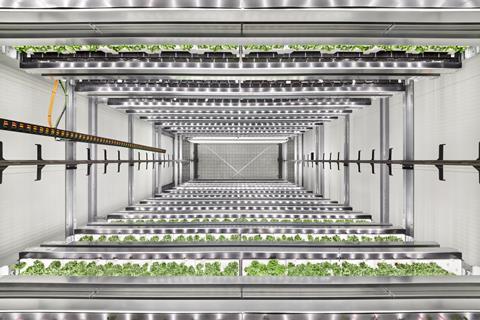
Two dozen major vertical farming firms have signed an industry manifesto, committing to a reduction in carbon emissions, full transparency, remaining pesticide free and striving to “feed a rapidly growing population in an increasingly unstable climate with less resources”.
The commitment comes in two parts – a manifesto and ‘identity statement’ – which the companies involved described as showing “unprecedented industry momentum”.
Among the signatories are Jones Food Company, which has been backed by Ocado since 2019 and Infarm, which has small in-aisle vertical farms in several M&S stores and in June began operations at a 10,000 sq m ‘growing centre’ in Bedford.
The other firms signing the commitments at the Vertical Farming World Congress in Brussels this week were 80 Acres, AeroFarms, Bowery, Crop One, CubicFarms, Elevate Farms, Fifth Season, Fischer Farms, Freight Farms, Infinite Acres, Kalera, La Grangette, Ljusgårda, N.Thing, Plenty, Stacked Farm, Urban Crop Solutions, Urban Harvest, Vertical Future, YesHealth Group and ZipGrow.
James Lloyd, CEO of Jones Food Company said the manifesto and identity was for the sector “a united vision for what we are striving to achieve”.
“Together our voices are amplified, championing the numerous benefits of vertical farming and what we have to offer the global food system, namely; growing more of the most delicious fresh food, whilst using far fewer natural resources and bringing us closer to the food we eat,” he said.
Barclays Research analysts estimate the size of the global fruit and vegetable market is roughly $1.2tn (£800bn), and calculate that the addressable produce market for vertical farms is closer to $700bn (£513bn). This led them to conclude an approximately $50bn (£36.7bn) market opportunity for the burgeoning sector.
Ventrue Capitalists invested $10.5bn across 751 deals in agtech startups in 2021, according to Pitchbook, a deal value increase of more than 58% year-over-year. Last year the global indoor farming industry was valued at $79.3bn, with the potential to climb to $155.6b by 2026.
Its detractors have pointed out the significant energy demands of indoor farming, which is dependent on energy-intensive LED lamps, air-conditioning systems and water filtration systems.
The identity statement notes the sector’s carbon footprint and its reduction as “the biggest challenge for our industry”.
“We are already intensively working on reducing our energy consumption by optimising plant recipes and by adopting the latest advances in LED and green power technology,” it reads. “Our industry is committed to setting science-based targets to play our role in ensuring the transition to a net-zero carbon economy.”
Infarm CEO Erez Galonska called the manifesto and statement “truly powerful”.
“As a purpose-driven company, we have always been driving and advocating for the change of the current food systems. Together, we can really make a difference and this is just the beginning,” he said.







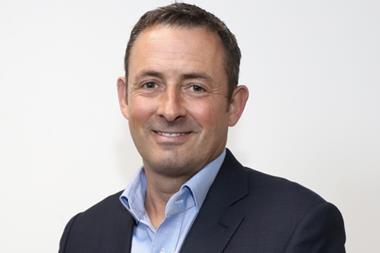
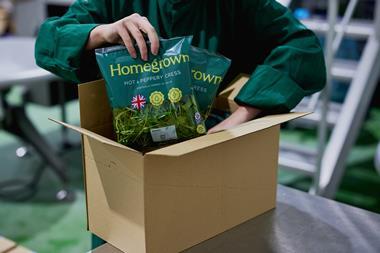
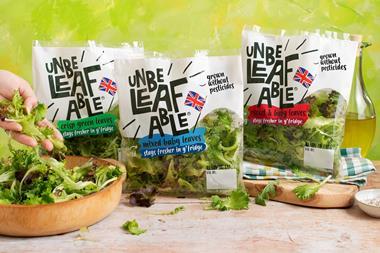
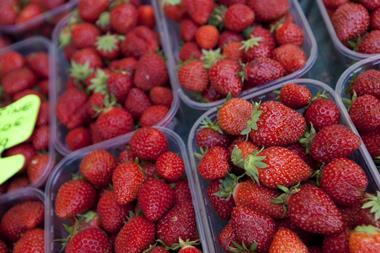
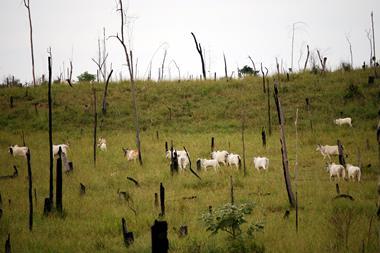
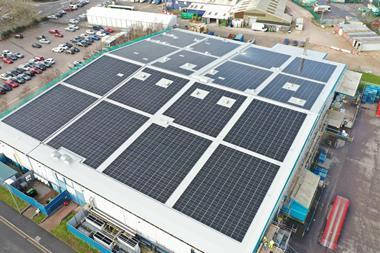






No comments yet